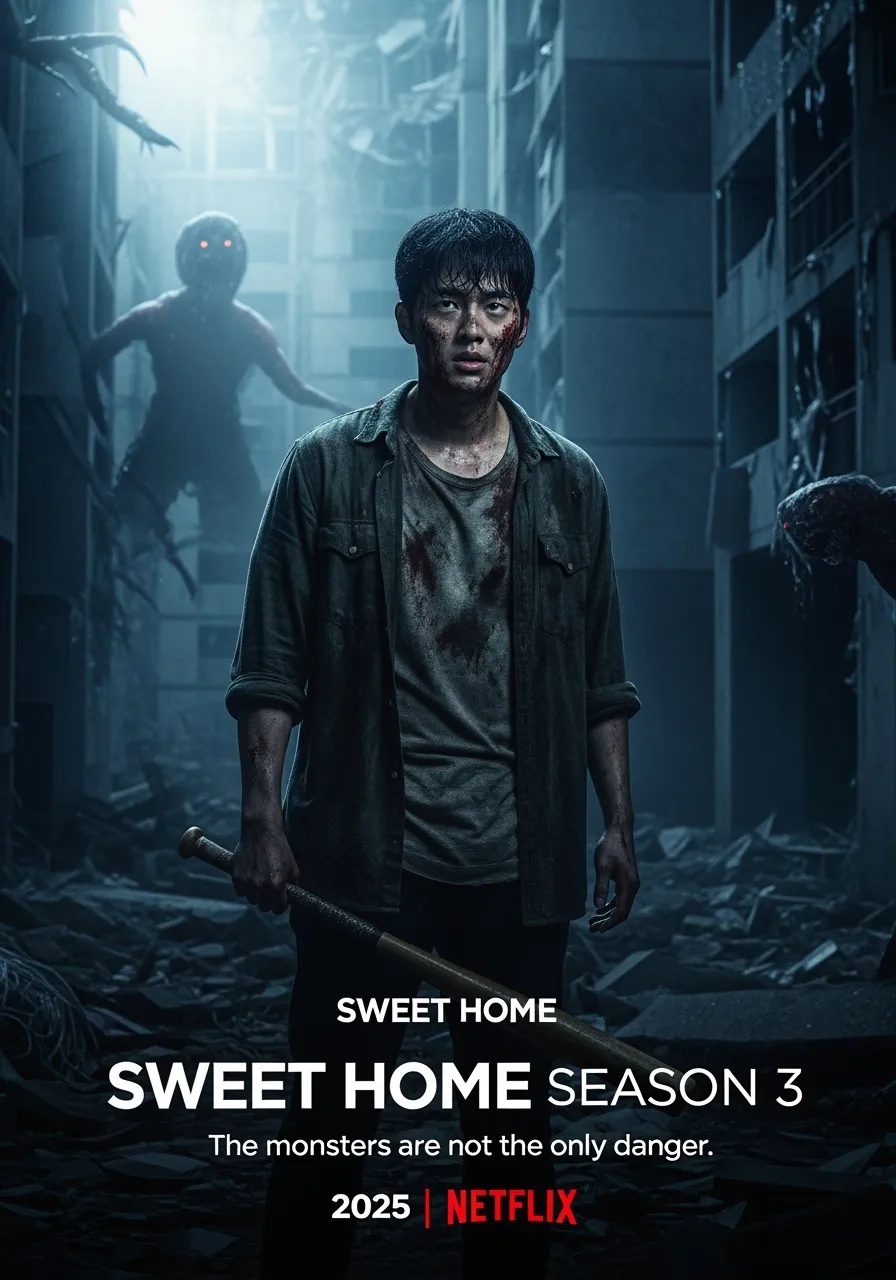I. PLOT OVERVIEW
Set in a dystopian near future where war no longer obeys borders, The Stalingrad imagines the resurgence of global conflict—not in city ruins or cyber domains, but deep within the scorching heart of the desert. A covert mission codenamed “Stalingrad” dispatches two elite veterans into a crumbling ghost city to prevent a catastrophic nuclear detonation.
One soldier is bound by duty, haunted by the decisions he made for the flag. The other is marked by grief, seeking redemption in a war he never asked for. Together, they must navigate hostile territory, decode a legacy of betrayal, and disarm a threat that could destabilize entire continents. But as the battlefield narrows and alliances shift, they realize the enemy isn’t always wearing a uniform—and survival means more than pulling the trigger.

II. THEMES & TONE
The Stalingrad isn’t just a war film—it’s a slow-burning descent into the psychology of survival. At its core lies a meditation on loyalty, memory, and sacrifice. The desert landscape is not just a setting, but a metaphor for emotional desolation—wide, empty, unforgiving.
Where past war films glorify honor, The Stalingrad questions it. Every character must confront their own mythology: What were they fighting for? Who did they leave behind? The film weaves its action through quiet reflections, confrontations with guilt, and the weight of choices that cannot be undone.
There’s also a haunting sense of history repeating itself. Naming the mission “Stalingrad” is no accident—this is a new kind of siege, fought not in trenches, but in shadows and on sand. It asks: what happens when old ideologies are reborn in new wars?

III. CHARACTER DYNAMICS
The two protagonists carry the narrative like twin pillars cracked in different places.
-
Colonel Sam Draven, played with a weary steel by a veteran actor, embodies the archetype of the career soldier. Methodical, unflinching, but hollowed out by loss, Draven sees the mission as penance for sins he refuses to name.
-
Major Elias Chen, the younger of the two, is fiery, idealistic, but fractured. His connection to a past tragedy tied to the mission gives the film emotional weight, and his tension with Draven creates a sharp emotional edge.
Their relationship—defined by mistrust, tested by survival—drives the film. It evolves from cold cooperation to reluctant understanding, culminating in a final sequence where both are forced to choose between obedience and humanity.
Supporting roles add depth without overcomplicating the plot. An intelligence officer operating remotely offers sharp moral commentary, while a local child caught between sides gives the war a painfully human cost.

IV. DIRECTION & CINEMATOGRAPHY
Visually, The Stalingrad is stark and brutal. The desert is shot not for beauty, but for tension: empty roads stretching to nowhere, ruins that whisper of past battles, the sun beating down like a countdown. The camera often lingers on silence—moments where nothing moves but the wind, amplifying the paranoia.
Director Anton Kessler keeps the action grounded. Gunfights are sudden and chaotic, not choreographed for flair but filmed with claustrophobic intensity. Explosions feel consequential. The threat of the nuke looms like a silent third character, never overused, but always present.
The score is sparse, relying on ambient tones, metallic echoes, and static-drenched radio signals. It’s a film that knows when to go quiet—and it’s in those moments that the emotional core hits hardest.

V. FINAL VERDICT
The Stalingrad is not your typical action-war film. It’s restrained, reflective, and devastating in its emotional honesty. Instead of chasing glory, it chases ghosts. Instead of victory, it seeks meaning.
It reminds us that not all wars end with a flag raised—but some end with one soldier deciding not to become the very thing he was trained to fight.
For those looking for spectacle alone, this may feel too introspective. But for viewers craving a modern war film that dares to ask why we still fight, The Stalingrad delivers something rare: a story of war that bleeds with memory more than blood.
Overall Rating: 8.5 / 10
Bold, intimate, and quietly explosive—The Stalingrad is a gripping survival story wrapped in the ruins of forgotten wars and unfinished guilt.
-1751597324-q80.webp)
-1740282288-q80.webp)


-1747716802-q80.webp)